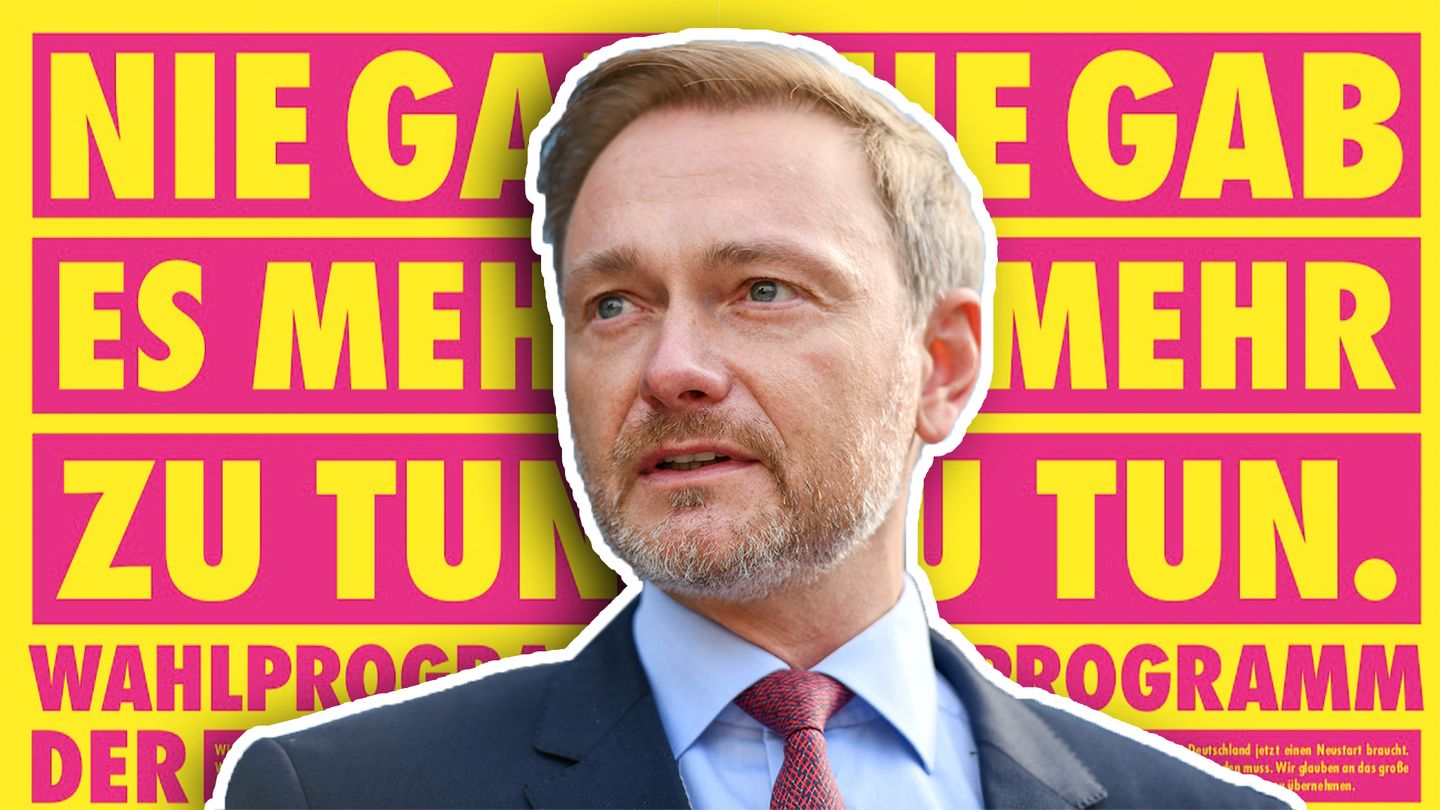David William is a talented author who has made a name for himself in the world of writing. He is a professional author who writes on a wide range of topics, from general interest to opinion news. David is currently working as a writer at 24 hours worlds where he brings his unique perspective and in-depth research to his articles, making them both informative and engaging.
Menu
Why do young people vote for the FDP? Expert explains success of liberals
Categories
Most Read
Donald Trump: The moment he found out about the Gaza deal from a piece of paper
October 9, 2025
No Comments
Gaza war: Merz is optimistic about the latest developments in the Middle East
October 9, 2025
No Comments
Middle East: First phase of a Gaza deal has been completed – what happens next?
October 9, 2025
No Comments
Praise for Donald Trump from around the world after agreement in the Gaza war
October 9, 2025
No Comments
Coalition Committee: Bas: Tightening of citizens’ benefits does not threaten sick people
October 9, 2025
No Comments
Latest Posts

Auto industry: VW boss Blume: End of combustion engines in 2035 is “unrealistic”
October 9, 2025
No Comments
AngelicaI am an author and journalist who has written for 24 Hours World. I specialize in covering the economy and write about topics such as

“Pickerl” in Austria is about to end: the time for the motorway vignette is ending
October 9, 2025
No Comments
Vera StackI’m a recent graduate of the University of Missouri with a degree in journalism. I started working as a news reporter for 24 Hours

Israel will not abide by the ceasefire in Gaza until formal approval by its cabinet
October 9, 2025
No Comments
October 9, 2025 – 11:22 The peace deal with Hamas will come into effect only when the Israeli cabinet ratifies it. The release of hostages
24 Hours Worlds is a comprehensive source of instant world current affairs, offering up-to-the-minute coverage of breaking news and events from around the globe. With a team of experienced journalists and experts on hand 24/7.

